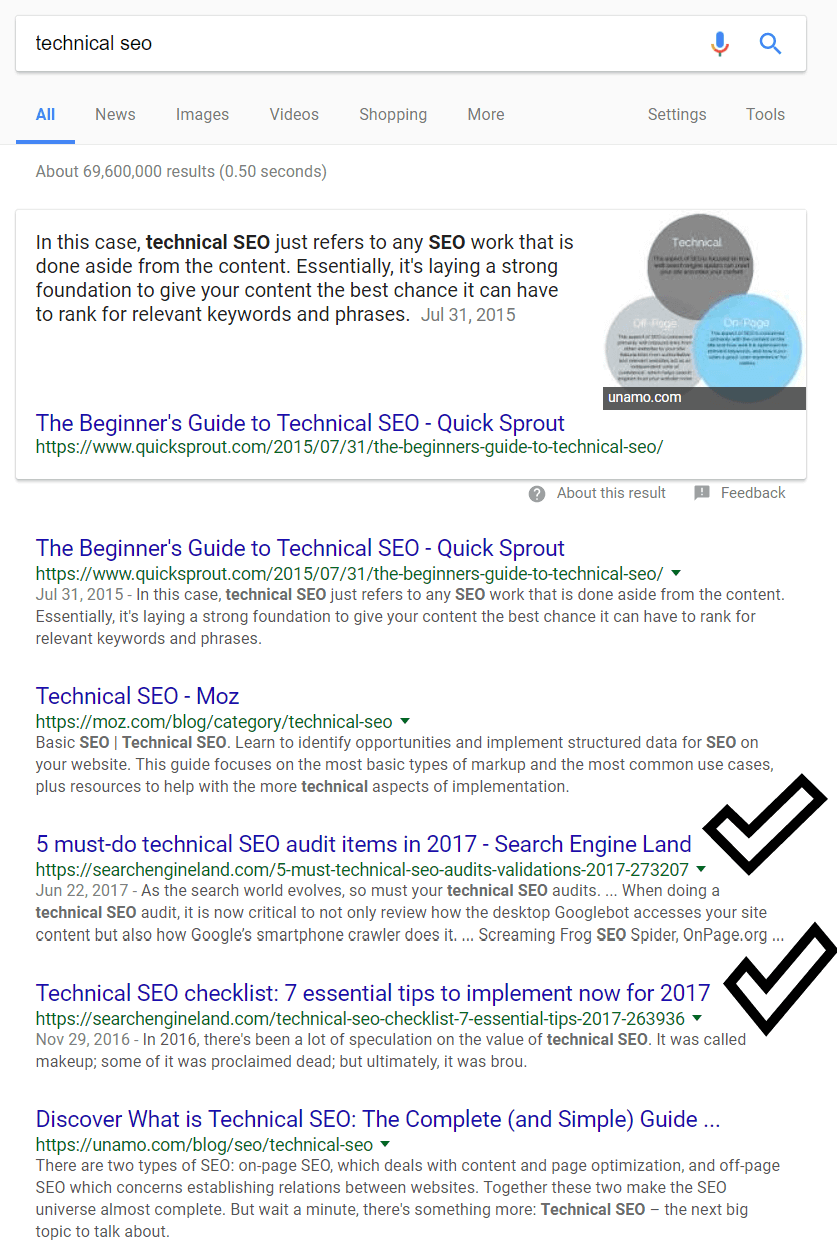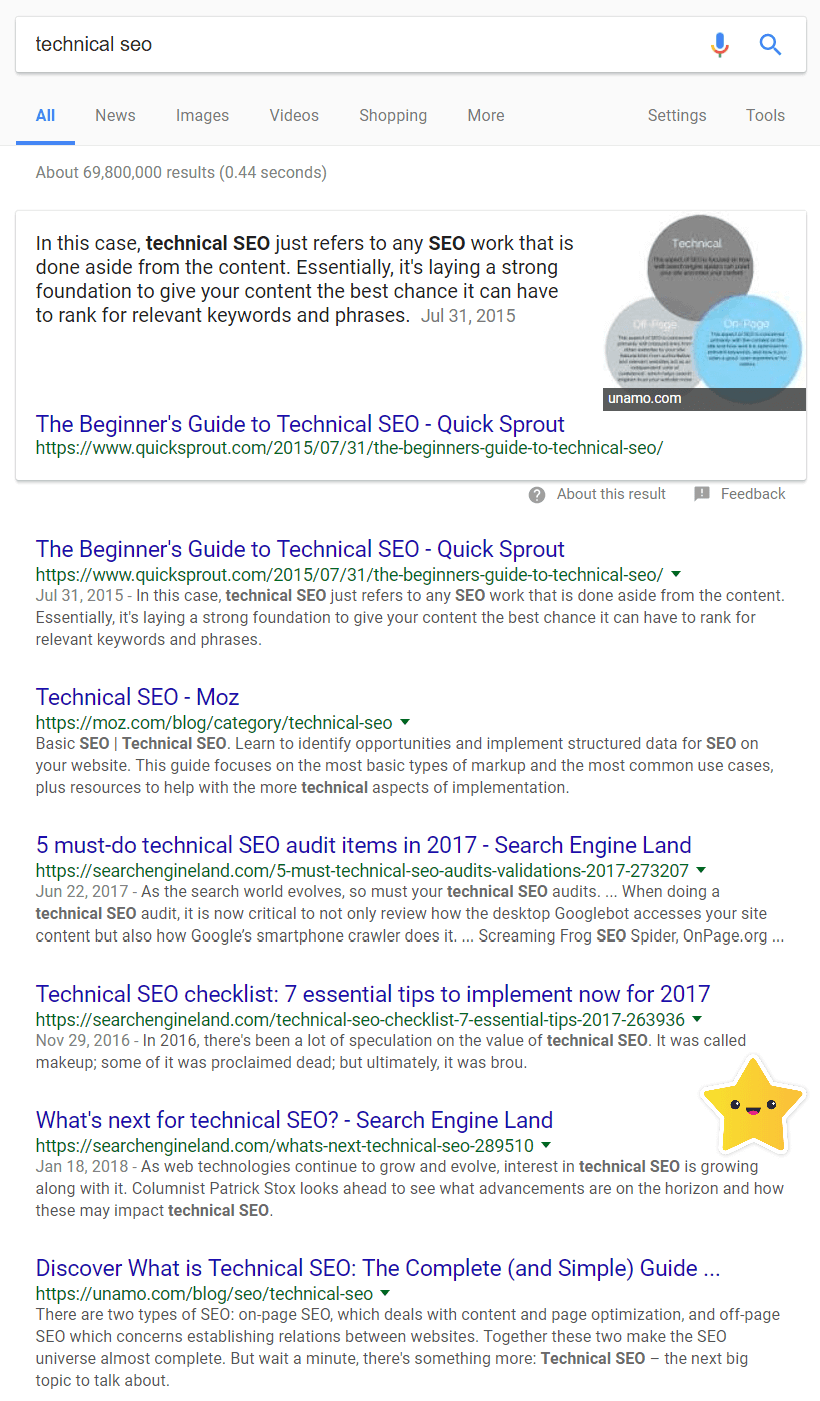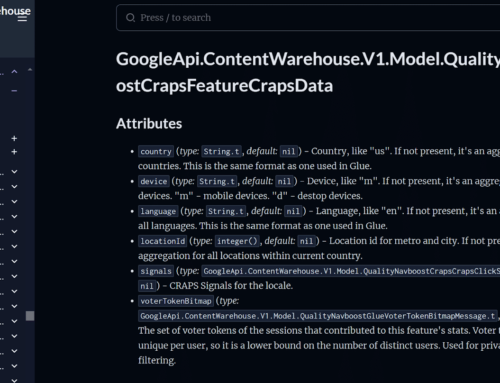According to a study conducted by Ahrefs last year, the average ranking number of the page also ranked for about 1,000 other relevant keywords. If your content is relevant enough, you can even view multiple pages for the same keyword.
If you’ve worked with a company, you’ve probably heard discussions about keyword governance or arbitration. In many business tools, you’ll find options to claim keywords for certain pages or groups.
The idea is that you don’t want the pages to compete with each other in search results, and for someone to have specific keywords. No matter which group you belong to, a page around a topic should put your best foot forward and showcase all that a company has to offer.
What is keyword cannibalization?
Keyword cannibalization doesn’t really exist, at least not in the way a lot of people think.
The common belief is that the cannibalization of keywords occurs when multiple pages target the same keyword, compete with each other and hurt each other. Some people think that if you have multiple pages on the same keyword, Google won’t rank any. I do not think that is the case. I love Gary Illyes, trends analyst for webmasters, about the cannibalization of keywords:
Misjudgments
I’ve heard arguments where people say they have multiple pages for the same term confuses search engines. This whole idea is absurd. Search engines know what’s on individual web pages. Other people think that sometimes Google displays the wrong page for a search term, but that’s not correct either. What you consider your best page for a term may not be what search engines consider to be the most relevant page for the same term.
Intention is the key here. If your page does not contain relevant information or is surrounded by articles or pages of information on Wikipedia, it is very likely that your pages will not appear.
We know that pages are categorized based on multiple keywords, and a quick search in Google Search Console’s search analysis report will show the different terms on your page.
Let’s say Page A ranks for 400 different keywords and page B for 600 different keywords. Can you guess how much overlap there can be? There may be some keywords shared, but the chances are the content on the page and the intent behind the two are very different. They will show most of the time for different terms, or it is possible for both to show for the same term.
- Let’s look at an example.
One of the last articles for Search Engine Land was What’s the next step for technical referencing? It was an opinion piece on the future of technical search engine optimization (SEO) and some of the technical problems of SEO. I noticed that two search engine Land articles were already ranked on the first page for “SEO Technical”. One was an audit, and the other was a checklist:
Based on what I see, it seems that Google has determined an informational intent for the term “seO technique”. Other pages may appear in the results highlighting technical jobs, specialists, tools, advice or training. they will host identical or similar keywords to pages that have already been classified. Just because this article doesn’t show for the main keyword “SEO technique”, it doesn’t mean it won’t show for other variations of the term. Look for “SEO technical advancements,” and you’ll see what I mean.
Nor does it mean that the article does not rank for the main keyword, “technical SEO”. This simply means that Google is displaying more relevant pages at the moment.
Because of some filters, such as host clutter and domain grouping, Google will typically display one or two results from a website, unless you have several pages that are very relevant to a query. We can disable these filters by adding ‘0’ filter at the end of the Universal Resource Locator (URL). This will show additional pages in the consideration set.
Once we use the filter, we see that Search Engine Land has three articles on the first page, with only two by default. At present, this article is the one that is filtered, but it is high in consideration set and can possibly replace one of the other items or be shown in addition to them.
Finding keyword opportunities
While you can let the pages fight and see which page ranks for a particular query, there are other options. Look at these other pages not as competitors but as opportunities. By disabling the filter, as shown above, you can see which pages are in the consideration game and where they are in the rankings.
You can wait and see if multiple pages will show or help the process by adding additional internal links or consolidating pages where relevant. As long as the intent is the same and the content is similar, I usually go for fewer and stronger pages. When you have multiple pages for a term such as “seO technique,” you can divide equity by trying to decide which page to link to; in this case, consolidation may be the best. Cannibalization is a common debate in SEO.











Leave A Comment